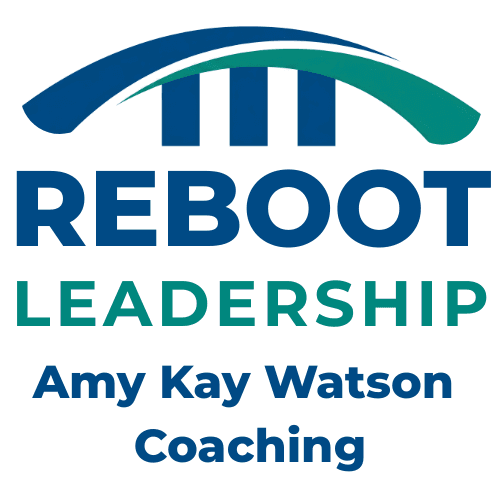There’s an saying in leadership circles: “The role of a leader is to afflict the comfortable and comfort the afflicted.”
A lot of us find ourselves laughing and nodding our heads sagely when we hear this. But isn’t it kind of crazy? What kind of sadist afflicts the comfortable?
We do know it means that leaders challenge people to move forward. Leaders catalyzing change. Discomfort and disequilibrium are an important part of growth.
To an extent. We need some challenge, but not too much.
With too little challenge, stress is too low, and it’s boring and too “cold,” inspiring laziness. But with too much challenge, the stress and discomfort are too high. It’s too “hot.” When the stress is that high, we feel freaked out, scared. We disengage to protect ourselves.
However, there’s a zone of disequilibrium that’s just right; the zone of productivity. Much of any leader’s job is to keep their organization, and themselves, in this zone.
In anti-racism work, we develop skill in experiencing disequilibrium (or pain), and in expressing those uncomfortable feelings directly–with our words, and with respect and self-compassion.
We need this skill because hurt feelings can happen so easily in any conflict, whether between coworkers or between friends. Even if you speak your words with positive intent, they can be taken differently. Our messages to one another are delivered and received from different frames of reference, and our intended meanings can be lost on each other. It takes a lot of empathy, self-compassion, and honesty to build or restore the strength of connection.
While connected, however, we can share with vulnerability how challenging it is to develop the skills to work through such misunderstandings.
Most of us are not skilled in verbally expressing the vulnerability we experience. Instead, we try to mask the pain, and it discharges in bursts of blame. We act as if our blame is justified in such obvious ways that other people MUST understand. And when they don’t, our pain and blame continue to increase.
With effort, however, you can reach a shared understanding. You can share enough information, describe what you felt, and clarify what you intended. That work can be painful, but it is healing.
If you are a leader and want to keep your people in that most productive zone of productivity, you actually have to be willing to allow yourself and others to feel that pain, or the chances of moving forward will be pitifully low. When you avoid the pain, you get stuck, and the connections you’ve worked for slowly erode away because you aren’t flexible or strong enough to maintain them.
Anyone wanting to move into this challenge, including leaders, must be willing and able to create space for the pain of challenge.
As Martin Luther King Jr observed: Power without love is reckless and abusive.

Feeling the vulnerability, describing it, and even allowing others to feel it with you — these comprise the foundation on which respect and understanding are built, especially when you have different perspectives.
Being ‘nice’ isn’t even part of the picture.
Most of us want to be liked, and I don’t know how you can be liked when you are challenging someone. Most of us are hardwired to avoid the stress even when it’s beneficial. Love without power is sentimental and anemic.
Stress and pain can be important. That’s why I believe in hiring a coach — so you can be supported as you learn.

